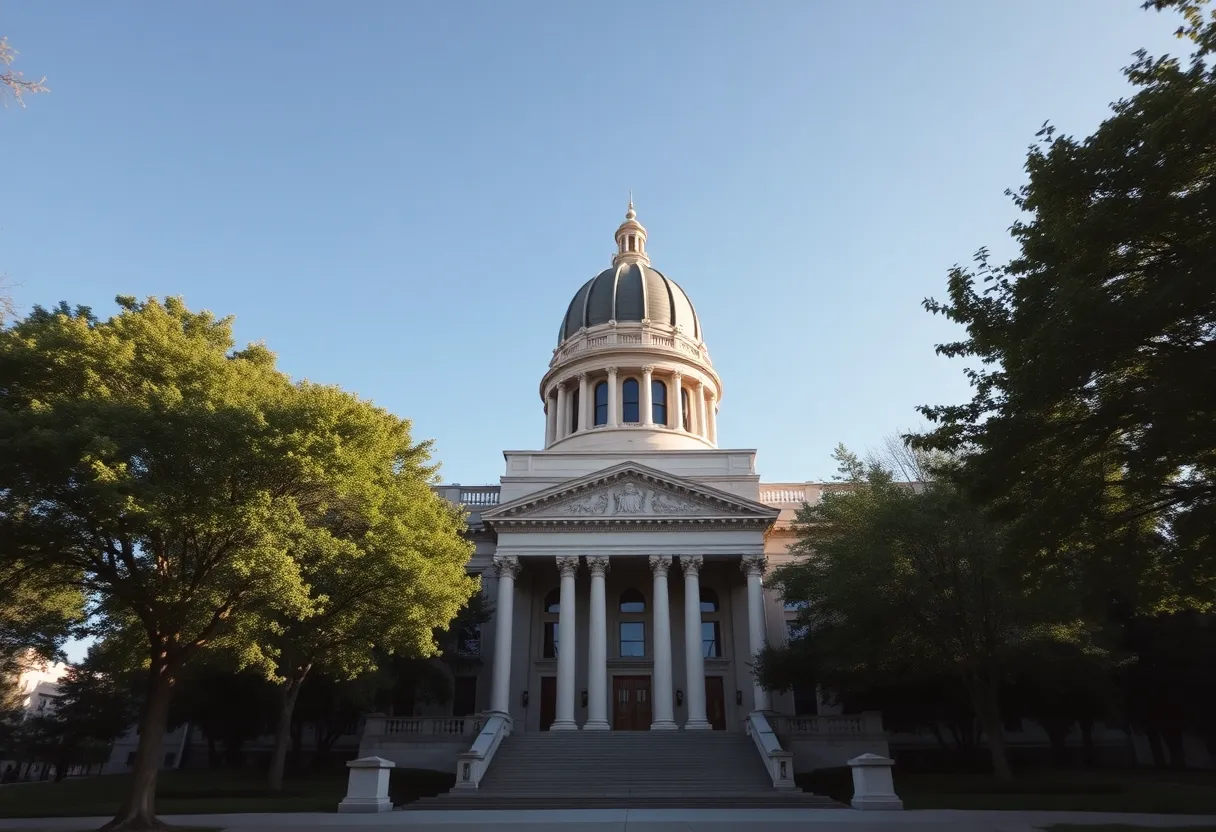News Summary
The Minnesota Supreme Court has ruled that at least 68 legislators are needed for the House of Representatives to conduct business. This decision invalidates any proceedings that took place before January 24, 2025, emphasizing the necessity of a functional legislative body. Amid heightened tensions from a recent boycott by House Democrats, the ruling sets the stage for intense negotiations on governance and power-sharing in the state. Upcoming special elections may also further complicate the legislative landscape.
Minnesota Supreme Court Sets New Quorum Rules for House, Shakes Up Legislative Dynamics
In an important decision on January 24, 2025, the Minnesota Supreme Court ruled that the minimum number of legislators required for the Minnesota House of Representatives to do business is 68 members. This ruling came at a crucial moment, following a contentious start to the legislative session on January 14, 2025, when all 66 House Democrats staged a boycott to protest against the actions of House Republicans, who were operating without a quorum.
What Does This Mean for the Minnesota House?
To put it simply, since there are 134 seats in the Minnesota House, a quorum is necessary for any official business to conduct. Therefore, with the court’s decision, any proceedings that occurred prior to this ruling—that is, beginning on January 14—are now considered invalid! This ruling underscores the importance of having a functioning legislative body, as it makes clear that a working majority is truly essential.
A Legislative Standoff
The drama began when a temporary majority of House Republicans, with just 67 members present, decided to move ahead with electing Rep. Lisa Demuth as House Speaker and assigning committee chairs. However, the presiding officer, Minnesota Secretary of State Steve Simon, recognized the absence of the required quorum and adjourned the session.
Fast forward to the court’s ruling, which reiterated that vacancies do not lower the number of members necessary for conducting official business. This is a significant point since the ruling indicates that even with some empty seats, the requirement remains intact. The Democrats seized this opportunity, filing a lawsuit to further assert that functioning legislation could not proceed without at least 68 members present.
Reactions and Next Steps
In light of the court’s decision, Speaker-designate Melissa Hortman has called for a constructive dialogue with the Republicans. Her assertion is straightforward: the Republicans are trying to grasp powers they have not earned from the electorate. This call for negotiation aims to find a common ground that could support a more equitable power-sharing agreement. Hortman is pushing for swift action to revitalize the House’s functionality.
On the flip side, Republican House leader Lisa Demuth has expressed frustration with the Democrats, emphasizing that their boycott is a disservice to their constituents. She is urging her fellow lawmakers to join forces and return to the work of governance, drawing attention to the responsibilities they have towards the citizens they represent.
Upcoming Elections and Potential Outcomes
As things stand, there is an unfilled House seat, and a special election is expected to take place on March 11, 2025. If the DFL candidate emerges victorious, it could potentially create a tie of 67-67 in the chamber. This election is particularly critical, given that Democrat Brad Tabke’s narrow victory has led to concerns over whether he will be seated, especially since his win came amid a backdrop of controversies involving 20 missing ballots. However, a judge did confirm his victory, indicating no need for a special election.
The Road Ahead
As the political landscape grows more complex, Democratic leaders have suggested they might provisionally agree to allow Demuth to retain the speakership until the special election results are finalized. With Secretary of State Simon ready to convene the House and thank the court for its decisive ruling, it looks like the stage is set for a potentially turbulent session.
Political analysts are predicting that disputes may escalate as differing priorities clash, with the possibility of a special session as early as June 2025 to address ongoing issues. It’s a pivotal moment for Minnesota politics, and how lawmakers navigate this evolving situation could shape governance in the state for years to come.
Deeper Dive: News & Info About This Topic







